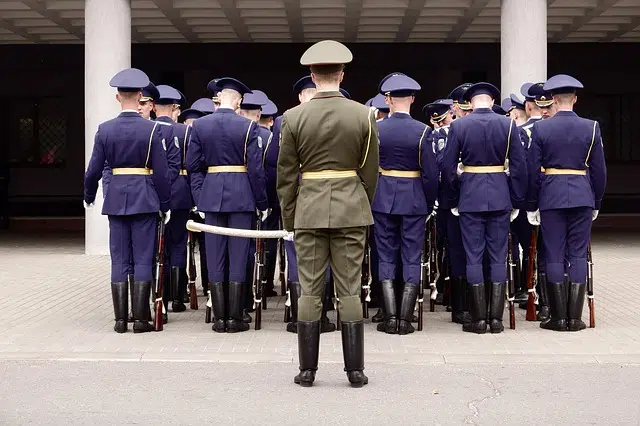
When the armed forces take power, a military regime is established.
Regime comes from the Latin regĭmen and refers to the political and social system that governs a certain territory . By extension, the term names the set of rules that govern an activity or thing.
The regime is the historical formation of an era . The political regime is linked to the organizational structure of political power, with its institutions, its norms and its leaders. Within a regime, certain behaviors are repeated that make the regular exercise of power predictable.
Types of regime
It can be considered that citizens are in a situation of domination or subordination to the political regime, even when the rulers have been democratically elected. Upon coming to power, the leader acquires the ability to command, which means that the rest must obey. Of course, there are limits established by law in this relationship.
Depending on the characteristics of the exercise of power, we can speak of a democratic regime (when the authorities access power and exercise it with respect to democratic norms), a totalitarian regime (the State exercises power without restrictions or controls), a parliamentary regime (the Parliament determines the exercise of power), etc.
The case of Francoism
There are many regimes that have existed throughout history and that have led the people to be subjected to the political, terrifying and intolerant impositions of certain dictators. Thus, for example, one of the most significant cases is that of Spain, which from 1939, the end of the Civil War, until 1975, was subject to the Franco regime.
General Francisco Franco Bahamonde was the one who established himself as leader of the country and that meant that this land was under a yoke of marked political, social and economic repression. Among the most serious consequences of this regime is the shooting and imprisonment of many Spaniards simply for having political ideas totally opposite to those imposed by the dictator.

A dietary regimen is given by a person's usual diet.
Regime as a historical stage
However, we must not forget that the History of the world is marked by two stages that used the term regime to define themselves:
• Old Regime. The form of state, marked by an absolutist monarchy, that existed prior to the French Revolution, which took place in 1789, is what was called by that term. Specifically, this was used by all revolutionaries to refer to that stage prior to their establishment seeking freedom and equality.
• New Regime. In contrast to the previous case, this concept was and is used to define that form of state in which the liberal state becomes the absolute axis and protagonist. This means that it can be both a republic and a parliamentary monarchy .
The diet
Diet , on the other hand, is a person's usual diet or way of eating. This regimen must guarantee the subject's nutrition and promote healthy physical fitness.
The characteristics of the regime depend on the needs of the individual: there are those who need to lose weight and, therefore, will eat certain amounts and types of foods, while others need to increase their defenses and will eat differently.
